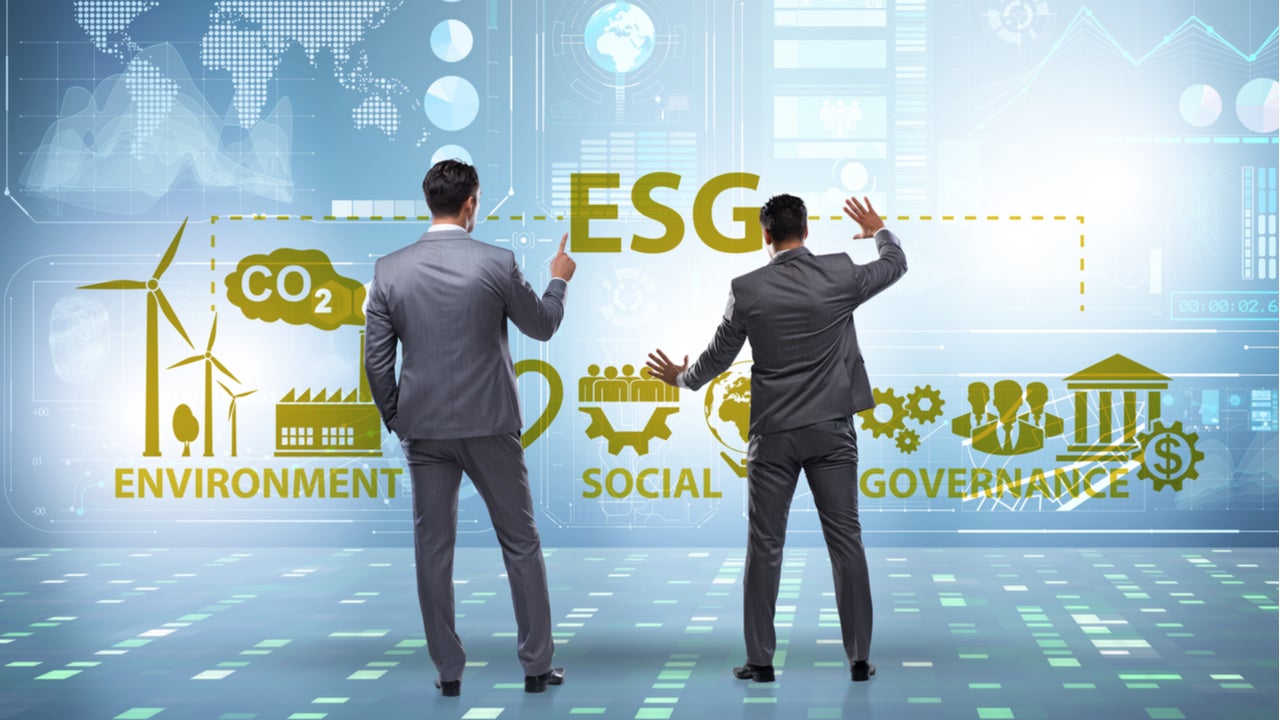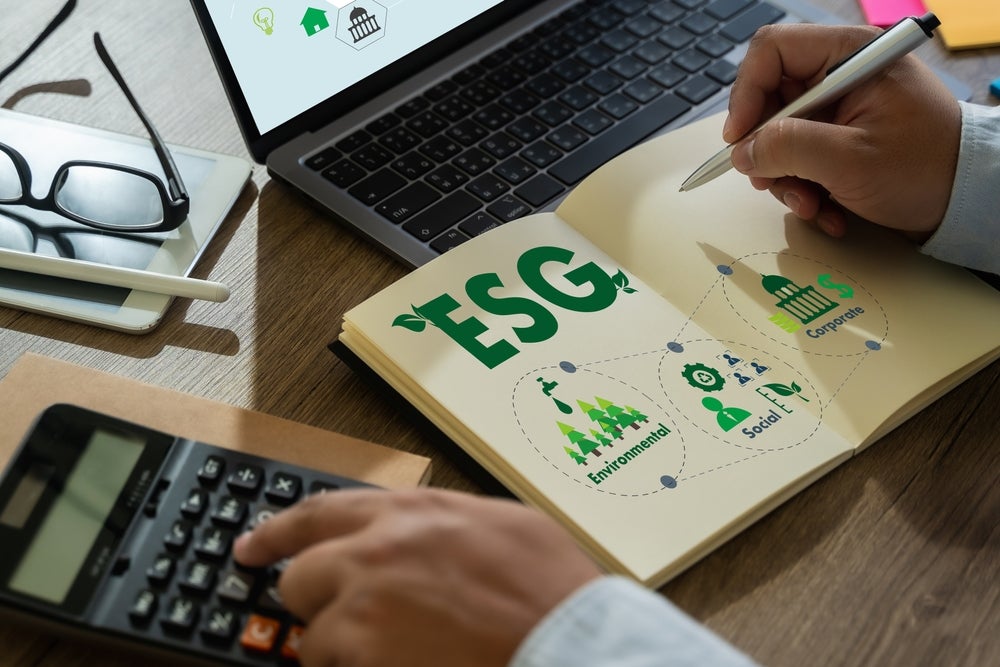
Investment in Environmental, Social and Governance (ESG) has undoubtedly transformed it from a niche concern to the mainstream, as attention turns to climate change and social injustices. Banks and other institutional investors are under pressure from governments, shareholders, and the public to incorporate ESG metrics into their investments and phase out the financing of fossil fuels and other unsustainable practices. According to the Global Sustainable Investment Alliance, assets invested sustainably have passed the $30tn mark.
As a result, ESG rating agencies that provide company information and ESG scores to their clients have become increasingly influential – and the scores they generate even more so. A bad rating can be damaging to a company. In contrast, companies with higher ratings have higher chances of investment and have less risk exposures. According to Fidelity International, stocks with higher ESG ratings outperformed those with weaker ratings in the first nine months of 2020. The company revealed that the bonds of the 154 A-rated companies returned around -0.5% on average, compared with a return of -1.5% for the 557 B-rated companies and -4.6% for the 225 D-rated companies.
Credit rating giants are muscling their way into the ESG rating space
The importance of these scores has not been overlooked by credit rating firms who have been sweeping up ESG rating providers to improve their data and become leaders in the ESG data market which is expected to reach $1bn in 2021. In April 2020, Morningstar acquired Sustainalytics in a deal that valued the firm at €170 million.
In April 2019, Moody’s acquired a majority stake in Vigeo Eiris. Later that year, S&P Global acquired the ESG Ratings Business from RobecoSAM. We will likely see this consolidation trend continuing over the coming years.
At present, there are no uniform requirements for reporting ESG information – a stark difference to financial reporting. ESG rating firms often rely on unstructured and often intentionally misleading data to generate scores. As a result, ESG rating firms frequently disagree with each other.
Confusion for investors
Research conducted by CSRHub found that when comparing MSCI’s and Sustainalytics’ ratings for companies in the S&P Global 1200 index, there was a weak correlation (0.32) between the two firms’ ratings. In contrast, credit rating agencies are much more closely aligned. Moody’s and S&P’s credit ratings have a correlation of 0.90. To put it short, this is confusing investors. It is clear that things need to change.
How well do you really know your competitors?
Access the most comprehensive Company Profiles on the market, powered by GlobalData. Save hours of research. Gain competitive edge.

Thank you!
Your download email will arrive shortly
Not ready to buy yet? Download a free sample
We are confident about the unique quality of our Company Profiles. However, we want you to make the most beneficial decision for your business, so we offer a free sample that you can download by submitting the below form
By GlobalDataESG reporting needs to become a standardized requirement that will subsequently improve scores generated by ESG rating agencies.
Calls for companies to act
Recently, there have been high profile calls for companies to act on climate change. As an example, BlackRock CEO Larry Fink has been outspoken about climate change. His view is that “climate risk is investment risk”. BlackRock asks the companies in its funds to report annually via frameworks established by the Sustainability Accounting Standards Board (SASB) and the Task Force on Climate-Related Financial Disclosure (TCFD). The two frameworks are complementary, and they are working together to harmonize SASB standards with the TCFD’s recommendations.
With clear and direct instruction regarding disclosure, there has been a 363% increase in SASB disclosures and more than 1,700 organizations expressing support for the TCFD, according to SASB and TCFD respectively. More corporate engagement with ESG disclosure will mean more accurate data for ESG rating agencies to support and determine company scores.
Consolidation amongst ESG rating agencies and financial firms will also provide scores that have a stronger correlation, making it easier for investors to identify ESG compliant firms. This will in turn improve the flow of sustainable finance and hold companies more accountable to their commitments.
This also means that companies that are not quickly preparing themselves and are over-reliant on fossil fuels will see their businesses and valuations suffer. Their stakeholders will lose confidence that those companies will be able to adapt their business in line with the Paris Agreement’s aims.







Related Company Profiles
Moody's Corp